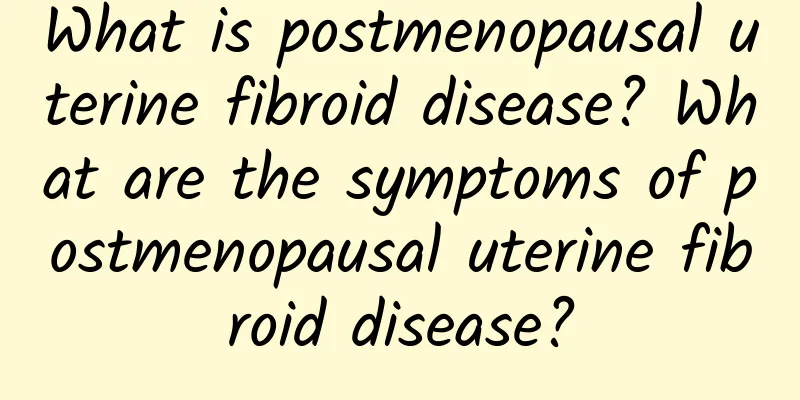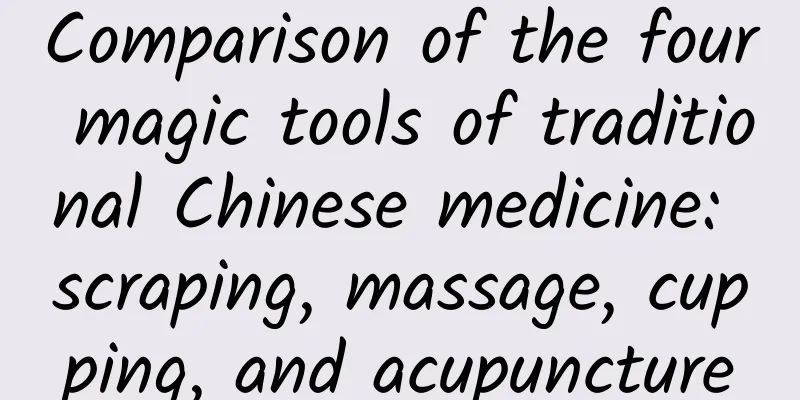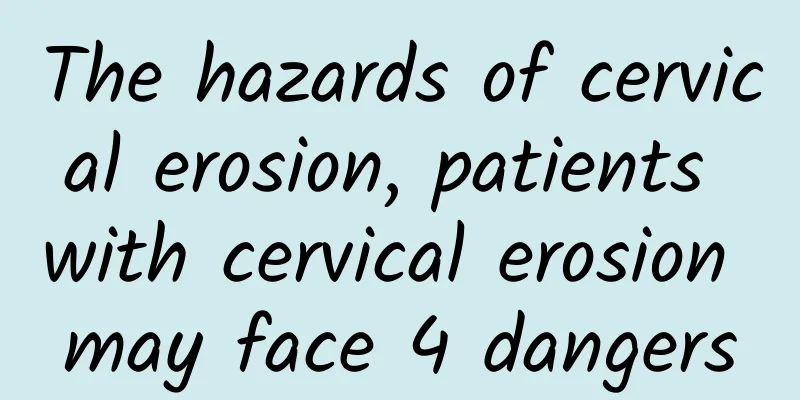What is postmenopausal uterine fibroid disease? What are the symptoms of postmenopausal uterine fibroid disease?

|
What is postmenopausal uterine fibroid disease? What are the symptoms of postmenopausal uterine fibroid disease? Postmenopausal uterine fibroids are a common gynecological disease that is more common in postmenopausal women. Although this disease is not fatal, it may cause a series of symptoms and have a significant impact on the patient's quality of life. This article will introduce you to postmenopausal uterine fibroids from the aspects of the definition of the disease, symptoms, and possible treatments. What are postmenopausal uterine fibroids? Postmenopausal uterine fibroids refer to the occurrence of uterine fibroids in women after menopause. Uterine fibroids are benign tumors that grow on the lining of the uterus, and fibroids refer to abnormal changes in these tumors after menopause. Studies have shown that postmenopausal uterine fibroids may be related to hormonal changes, but the exact pathogenesis needs further study. Symptoms: Abnormal bleeding is one of the main symptoms Symptoms of postmenopausal uterine fibroids vary from person to person, but the most common symptom is abnormal bleeding. Postmenopausal women should no longer experience menstrual cycles, but women with uterine fibroids may experience irregular bleeding, such as menstruation that does not stop or bleeding again within a short interval between periods. In addition, patients may also experience heavy menstrual flow and may even need to change sanitary napkins. Some patients may also experience cyclical pelvic pain, especially during menstruation. Possible treatments: medication, surgery, and interventional therapy For postmenopausal uterine fibroids, the treatment method depends on the specific situation of the patient. Drug therapy is one of the most common treatments, and it is usually used to control abnormal bleeding. Some drugs can inhibit the growth of the endometrium, thereby reducing the risk of bleeding. Surgery is another option, especially for patients whose fibroids are large, cause obvious symptoms or affect their quality of life. Surgery may be the most effective treatment method. Interventional therapy is a relatively new treatment method that uses a catheter inserted into the body to guide drugs or tiny particles directly to the location of the fibroids for treatment. Conclusion: Postmenopausal uterine fibroids require early detection and treatment Although postmenopausal uterine fibroids are not fatal, they have a significant impact on the patient's life. Since abnormal bleeding is its main symptom, patients should seek medical advice in time for examination and diagnosis. Early detection and treatment can effectively reduce the development of symptoms and improve the patient's quality of life. The most suitable treatment method for the patient should be determined according to the patient's specific situation, and full communication and discussion with the doctor is very important. Through active treatment and management, patients with postmenopausal uterine fibroids can achieve a better quality of life and health. |
<<: What medicinal wine can treat uterine fibroids? Can medicinal wine eliminate uterine fibroids?
Recommend
What are the symptoms of chronic pelvic inflammatory disease
What are the symptoms of chronic pelvic inflammat...
Relaxing activities are beneficial to the recovery of patients with functional uterine bleeding
Since functional uterine bleeding causes prolonge...
Experts show you how vaginitis spreads
In today's society, women are prone to vagini...
Is premature ovarian failure difficult to treat?
Premature ovarian failure and atrophy can be impr...
What is the difference between chronic cervicitis and acute cervicitis
There are significant differences between chronic...
What are the symptoms of severe cervical erosion? Two major symptoms of severe cervical erosion
Cervical erosion is a manifestation of chronic ce...
Hyperprolactinemia regular hospital
How to choose a regular hospital for hyperprolact...
What should women eat to regulate irregular menstruation? Women with irregular menstruation can try these dietary therapies
Irregular menstruation is one of the common gynec...
Get rid of obesity and diabetes weight loss surgery to help
Losing weight can also get rid of the threat of d...
Treatment measures for vaginitis in infants and young children
Infant vaginitis mostly occurs in girls aged 2-9 ...
How to prevent multiple uterine fibroids? What should you pay attention to when you have multiple uterine fibroids?
As we all know, every disease can be caused and a...
Does pelvic inflammatory disease cause vaginal bleeding? The possibility is very small
The possibility of pelvic inflammatory disease ca...
Understand the diagnostic basis of vulvar leukoplakia
Nowadays, the medical community calls the whiteni...
What are the hazards of ovarian cyst and ectopic pregnancy
What are the dangers of ovarian cyst ectopic preg...
Is it easy to cure granular cervical erosion in women? The best treatment for granular cervical erosion
Granular cervical erosion is very common in daily...









